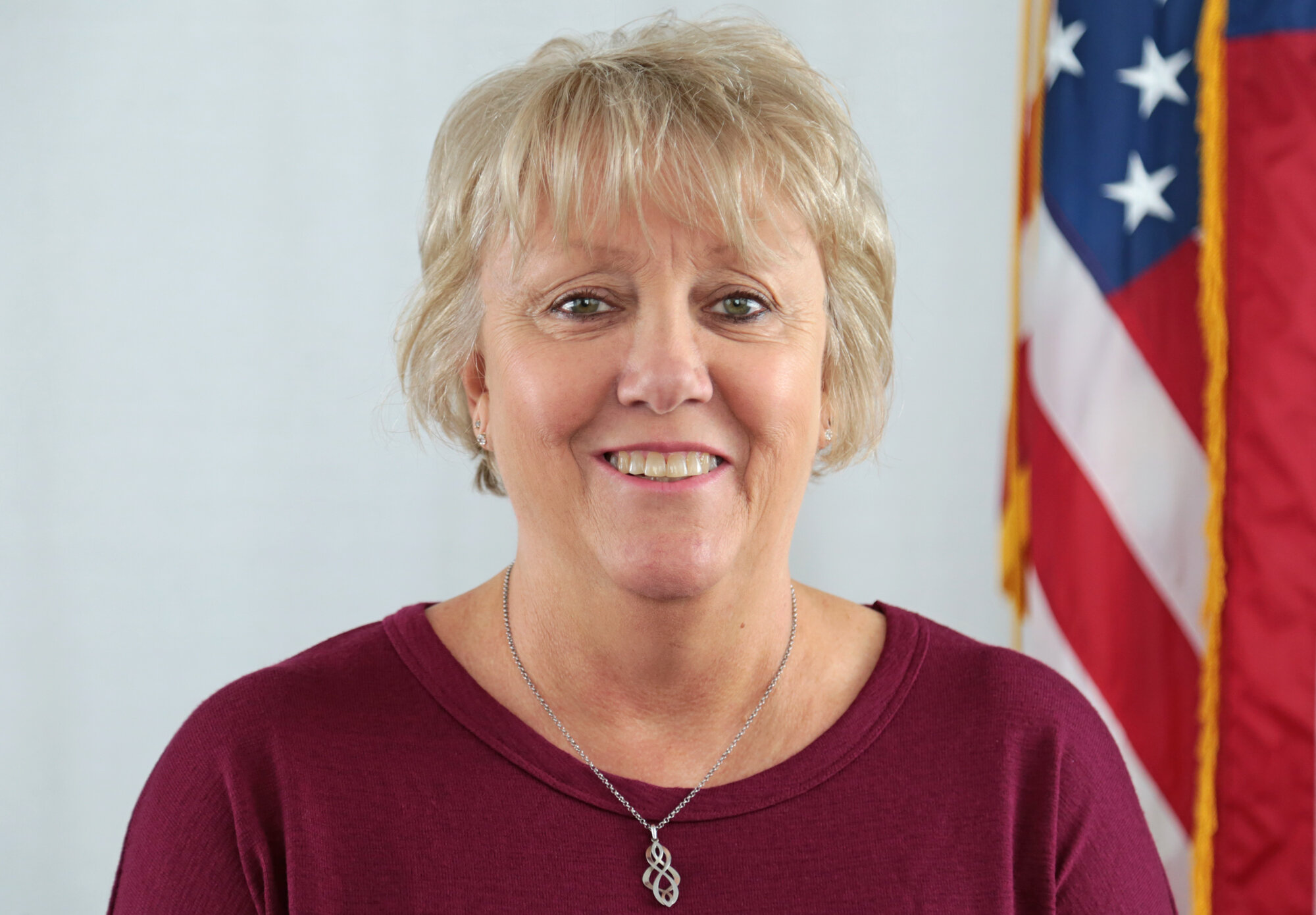Sumter public safety officials 'ready and waiting' for storms; energy companies share prep tips

alaysha@theitem.com
Ready and waiting. That's how Sumter County Emergency Management Director Donna Dew summed up local public safety officials' preparation ahead of Tuesday's forecasted severe weather.
According to National Weather Service on Monday, showers and a possible thunderstorm were predicted Tuesday morning as wind speeds will range between 17 to 22 mph with gusts reaching 48 mph. Throughout the afternoon, wind speeds can increase to 28 to 33 mph, with gusts exceeding 70 mph. Rainfall is forecasted to last until late Tuesday night, and NWS predicted one to two inches of rain throughout the tri-county.
"We usually experience in any low-lying areas - they'll hold water a little bit longer, but as far as any major flooding or anything like that, we are not expecting," Dew said. "Our biggest thing is if there's water on the road and people are on the road, they need to detour; do not go through any puddle of water if they do not know how deep that water might be or what the condition of the road is underneath the water."
NWS estimates wind speeds as forecasted can have damaging effects. Wind speeds between 13 to 18 mph can move small branches; 19 to 24 mph can create small waves on inland lakes and large rivers; 25 to 31 mph can bring whistling sounds heard overhead; 32 to 38 mph can sway whole trees and create difficulty walking against wind; 39 to 46 mph can break twigs and small branches; 47 to 54 mph can cause structural damage to chimney covers, blow off roofing tiles and damage television antennas; and 55 mph and up can cause widespread damage, potentially uprooting small and large trees.
"If you do not have to be on the road, please stay off the road, definitely with the winds being that high," Dew advised. "With the winds being that high at 35 mph, those vehicles will come off the road."
Tonyia McGirt, public information officer with Sumter Police Department, also advised residents to stay aware of conditions, stay informed from the best sources and use caution where it is needed - driving or not. She added any downed powerlines or outages should be reported to your respective electrical provider in order to keep emergency dispatch lines open. If assistance is needed, call the police department's non-emergency line at (803) 436-2700.
With the mix of high winds, severe storms and saturated ground, there may be downed trees, limbs and power lines. Duke Energy and Black River Electric Cooperative projected widespread power outages and electric workers having difficulty assessing storm damage and restoring power.
"If there is an active storm, our linemen cannot respond to the calls until it is safe to respond," said Brenda Chase, director of marketing and government relations at BREC. She added crews will be on standby throughout the service area - which includes Sumter, Clarendon, Lee and Kershaw counties - early Tuesday and asked for the community's patience as linemen work to assess any issues.
Duke Energy offered tips for residents for before and after the storm to keep themselves - and community members - safe:
- Have a plan in place for what you will do if you lose power;
- Consider keeping a storm emergency supply kit handy in case it is needed; typical kits include medicines, water, nonperishable foods and other supplies that might be hard to find after a storm hits;
- Charge cellphones, computers and other electronic devices ahead of storm to stay connected to important safety and response information; also consider purchasing portable chargers and make sure they are fully charged;
- Keep a portable radio, TV or a NOAA weather radio on hand to monitor weather forecasts and important information from state and local officials;
- Stay at least 35 feet away from power lines that have fallen or are sagging. Consider all lines energized, as well as trees, limbs or anything in contact with lines.
- If a power line falls across a car that you are in, stay in the car. If you must get out of the car because of a fire or other immediate life-threatening situation, do your best to jump clear of the car and land on both feet; be sure that no part of your body is touching the car when your feet touch the ground; and
- If you are driving and come across a utility crew working along the road to repair power, move over or slow down to keep crews and yourself safe.
For residents who own portable generators, they can be great sources of temporary power in the event of a power outage. However, they can also be dangerous if safety guidelines are not followed, resulting in carbon monoxide poisoning from engine exhaustion and electrocution from connections to your home's electrical system.
BREC recommends that when using a generator:
- Never wire a generator directly into your home's electrical system or plug directly into a wall outlet unless you have a double-throw switch installed at the circuit box by a licensed electrician. Without a double-throw switch, the generator can send electricity back onto BREC's system, which could be fatal to BREC personnel working to restore your power or anyone else who comes in contact with power lines;
- Only use portable generators outdoors;
- Protect your generator from rain or snow by housing it on porches or in carports;
- Read and follow the manufacturer's safety guidelines, and;
- Plug all appliances into the generator with appropriate-sized cords rated for the appliance.
Generators should also be regularly tested and periodically maintained to ensure they work properly when needed.
More Articles to Read
